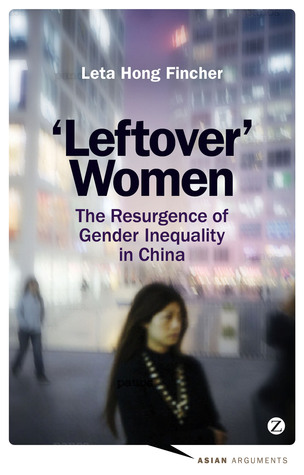Ubud Writers & Readers Festival 2014 is to partner with
the world’s leading literary award for South Asian writing, the DSC Prize for South Asian
Literature. The partnership will see each year’s winner brought to Ubud, Bali.
In 2014 the Festival will welcome from India acclaimed
author Cyrus Mistry, who won the DSC Prize 2014 for Chronicle of a Corpse Bearer, a moving account of a tragic love
affair involving the near invisible community of Parsi corpse bearers whose job
it is to carry bodies of the deceased to the Towers of Silence.
Mr Manhad Narula, one of the founder members of the DSC
Prize for South Asian Literature, said: “We are delighted that the DSC Prize is associating itself
with the Ubud Writers & Readers Festival. Being one of the leading literary
festivals in the region with its focus on South Asia we see a lot of positive
synergy in this partnership going forward. The DSC Prize is committed to
encouraging conversations on South Asian writing and already conducts an annual
DSC Prize Winner’s Tour, has associations with literary festivals, educational
institutions and cultural centres and has an active college program. I look
forward to this new partnership with Ubud Writers & Readers Festival which
I feel will be beneficial for both parties, and most importantly lead to
sessions which would be of immense interest for the literary enthusiasts who
attend the Festival.”
Janet DeNeefe, Ubud Writers & Readers Festival Founder
& Director, said: “I am thrilled about this partnership which I trust will be
a long and fruitful one, further strengthening the literary bonds in the
region.”
The Ubud Writers & Readers Festival
Held annually in Ubud, Bali’s artistic and cultural heartland, the Ubud
Writers & Readers Festival has become Southeast Asia’s largest and
most renowned cultural and literary event.
The DSC Prize for South Asian Literature
The US$50,000 DSC Prize for South Asian Literature is one of
the most prestigious international literary awards specifically focused on South
Asian writing. It celebrates the rich and varied literature of the
South Asian region and showcases and rewards the best talent writing about this
region. The vision of the DSC Prize is to bring South Asian writing to a larger
global audience through a celebration of the achievements of South Asian
writers, and thereby raise awareness of South Asian culture around the world.
The DSC Prize is open to authors of any ethnicity or
nationality but the writing must be about South Asia and its people. It also
encourages writing in regional languages and translations; the prize money is shared equally between the author and the translator if a translated
entry wins.
The prize is now in its 5th edition, and the last four years
have had winners from three different countries in South Asia – HM Naqvi from
Pakistan (Homeboy, Harper Collins,
India), Shehan Karunatilaka from Sri Lanka (Chinaman,
Random House, India), Jeet Thayil from India (Narcopolis, Faber & Faber, London) and Cyrus Mistry from India
(Chronicle of a Corpse Bearer, Aleph
India). Thanks to the DSC Prize each of these winners has reached a larger
global audience than would otherwise have been the case.
Cyrus Mistry
Cyrus Mistry began his writing career as a playwright,
freelance journalist, and short story writer. His play Doongaji House, written in 1977 when he
was 21, has acquired classic status in contemporary Indian theatre in English.
One of his short stories was made into a Gujarati feature film. His plays and
screenplays have won several awards. He followed up his first novel, The Radiance of Ashes, with the
prize-winning Chronicle of a Corpse Bearer.








